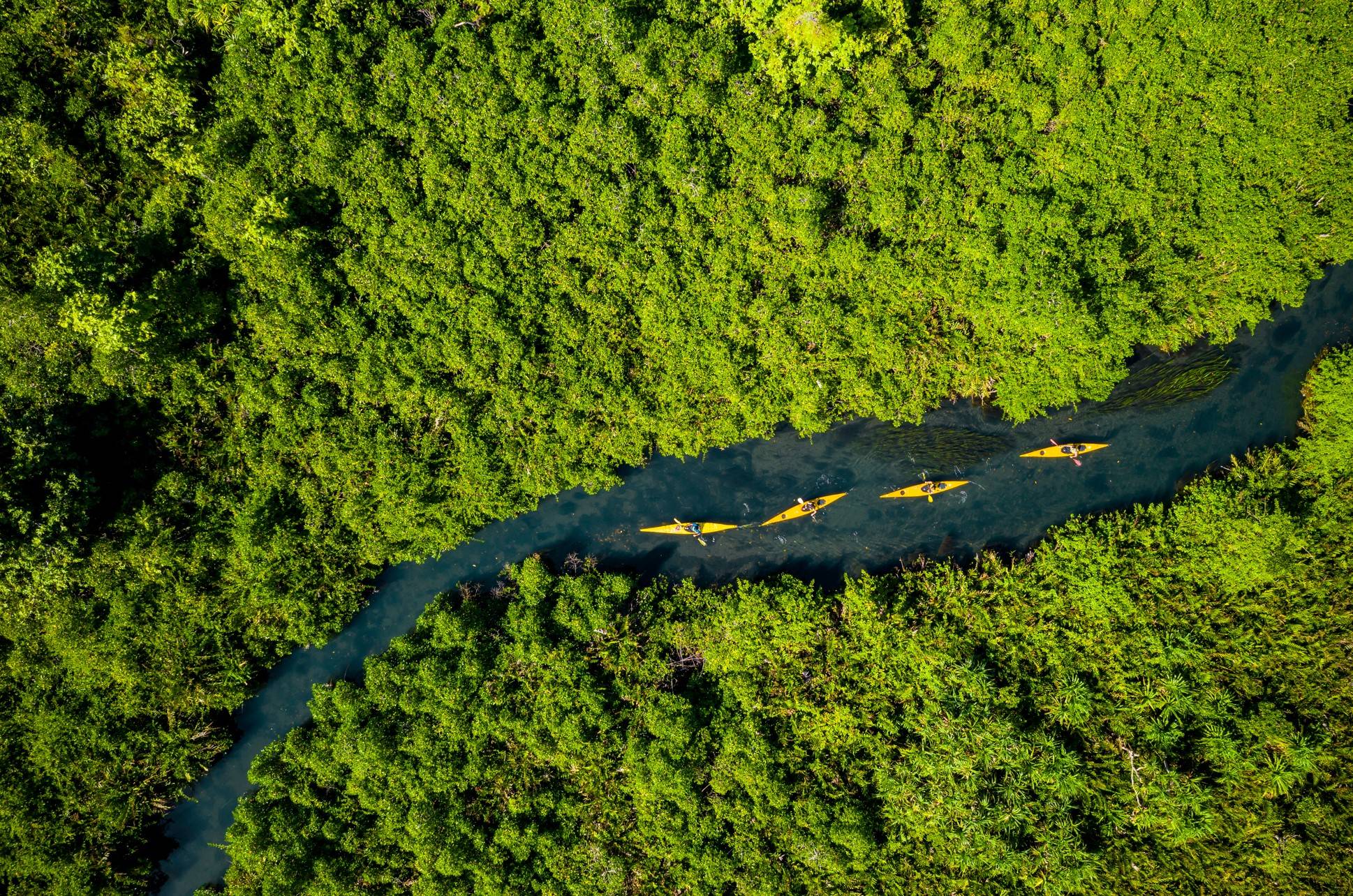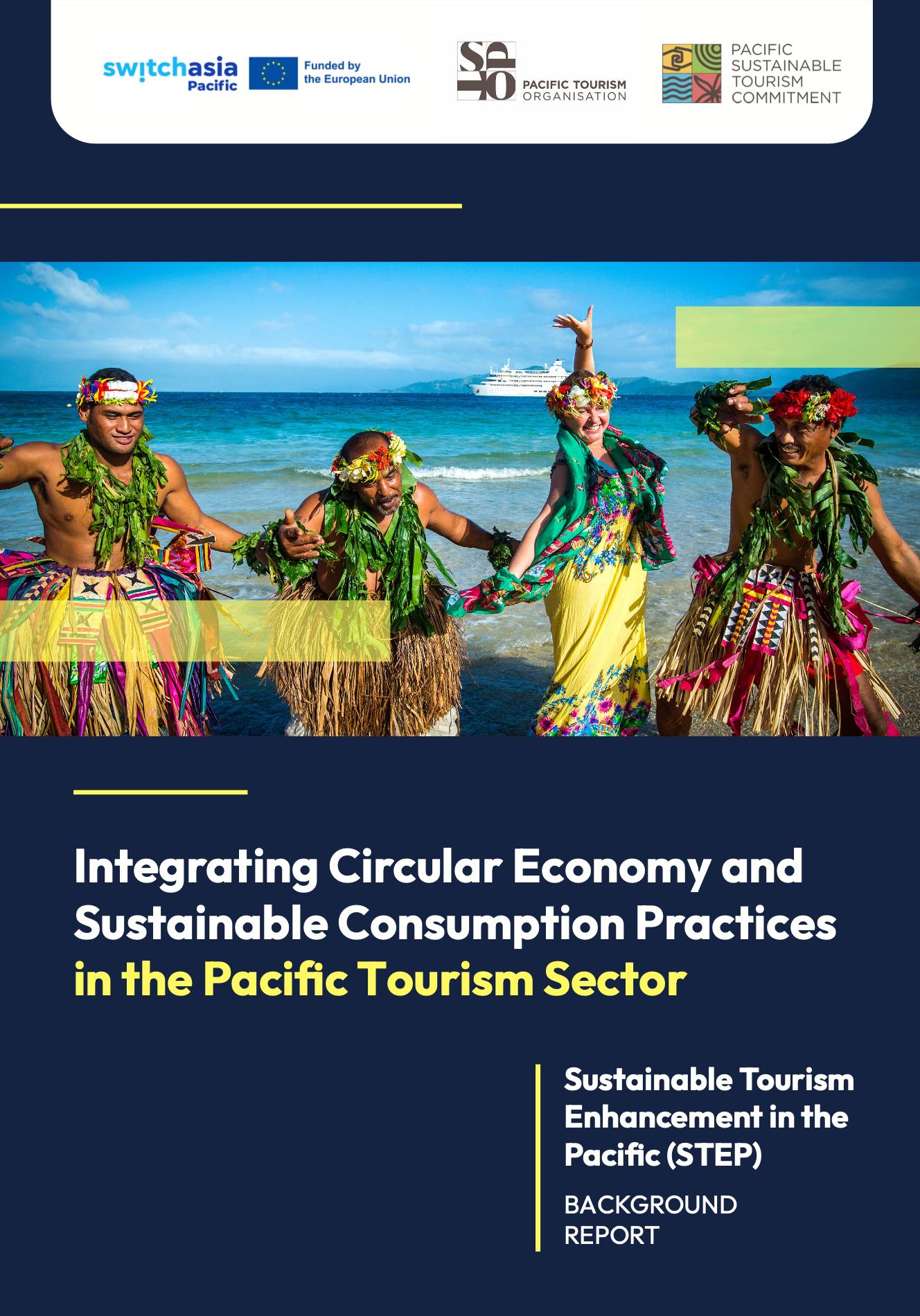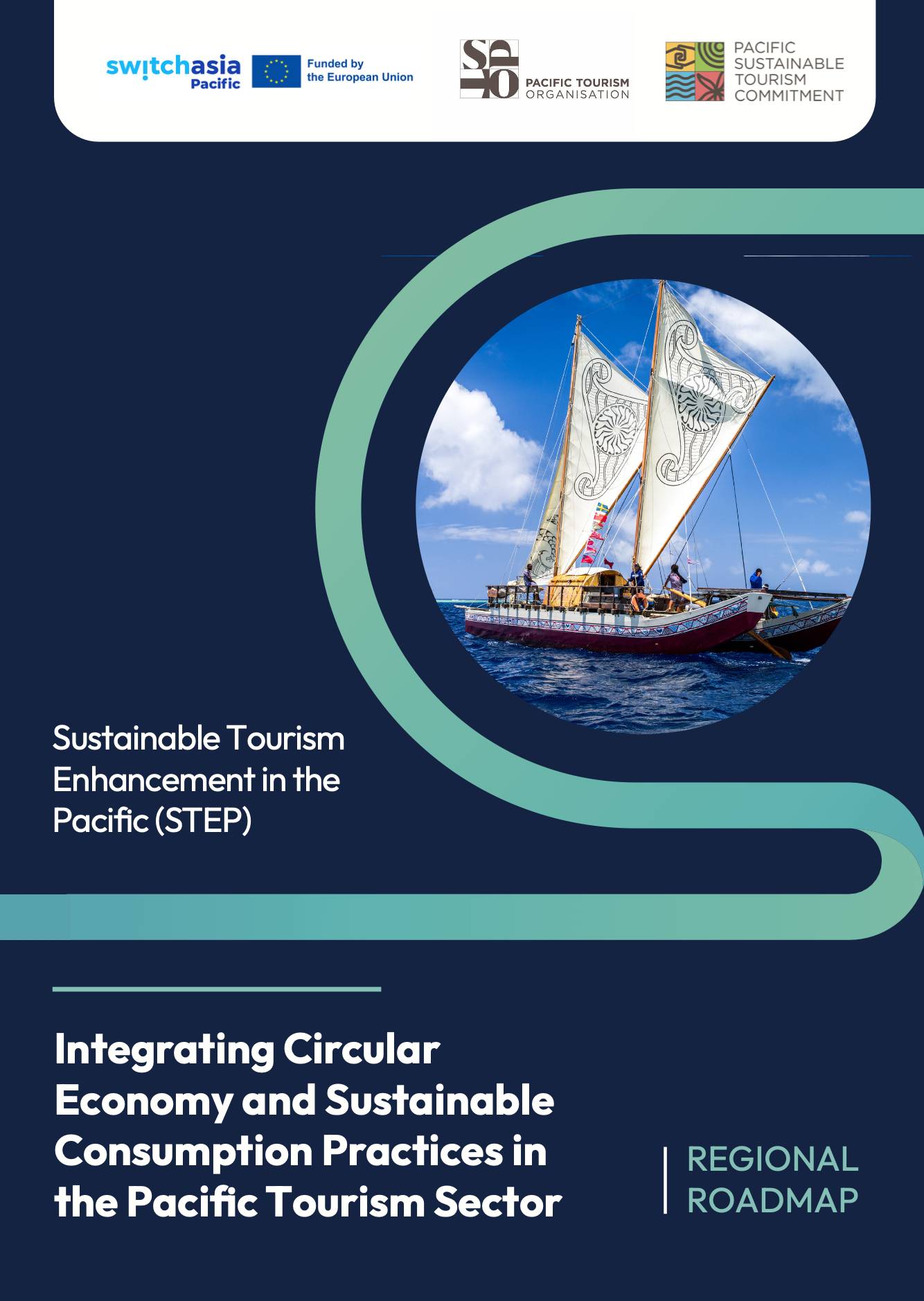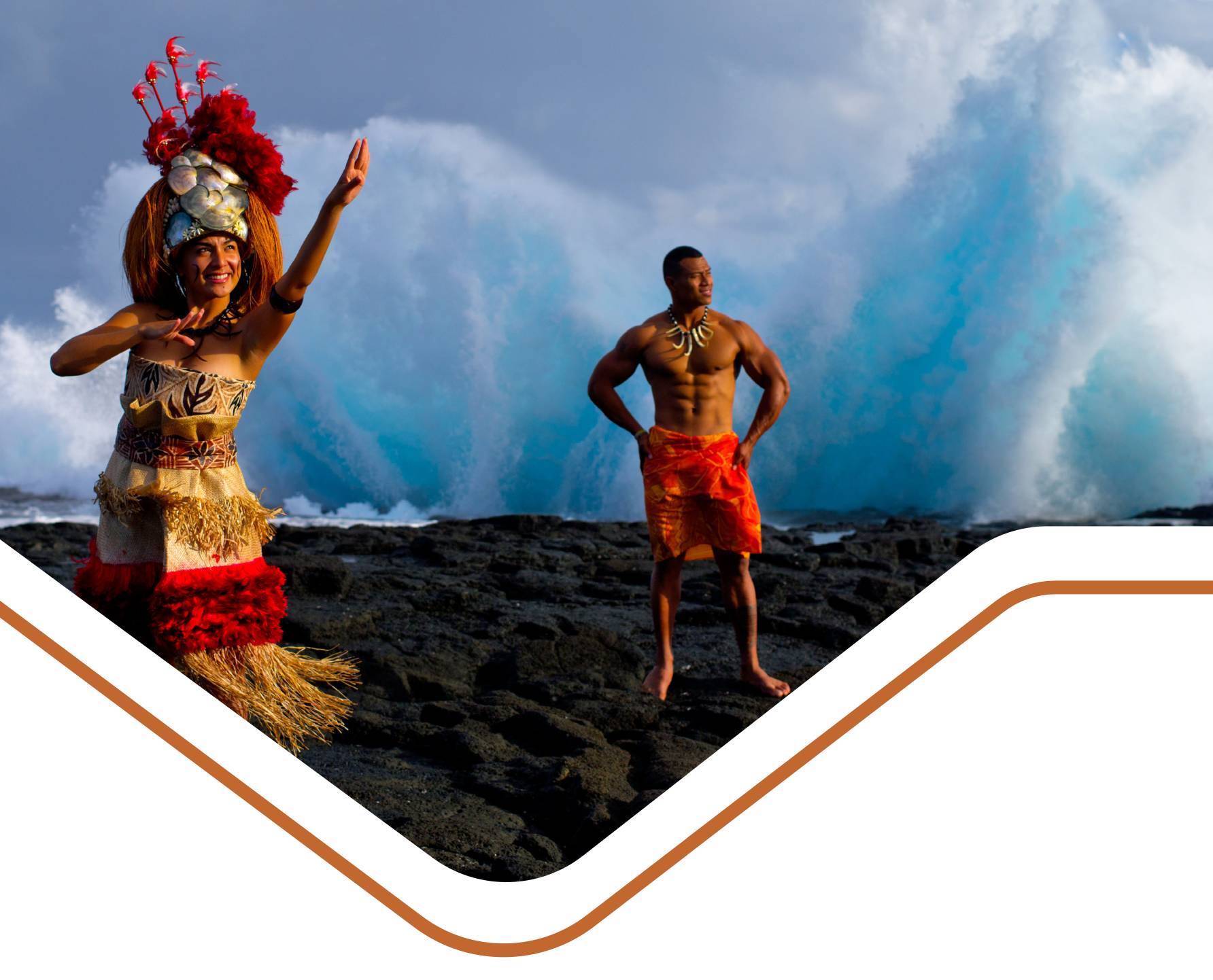
National SCP context and Connection to the Global Agenda: resilience, food and tourism
Samoa has long pursued sustainable development, and in 2022, it launched its 5-year National Plan titled "Pathway for the Development of Samoa FY2021/22 - FY2025/26," which aims to improve social, economic, governance, environmental, and infrastructural development. [1] In 2020, Samoa launched its second Voluntary National Review, covering SDG12, particularly waste management. The country is party to several Multilateral Environment Agreements that aim to encourage more responsible production and consumption, including the Basel, Rotterdam, and Stockholm Conventions, the Montreal Protocol, and other conventions such as the Minamata and Waigani conventions. Samoa has implemented the management of hazardous substances and waste through key legislation and policies, such as the Environment Impact Assessment regulations and the National Waste Management Strategy 2019 - 2023[2]. Additionally, the Energy Efficient Act 2017[3] encourages the import of more energy-efficient appliances. The Waste Management regulations 2020 have effectively banned single-use plastic bags since January 2019, and a ban on Styrofoam plastics will be effective from June 2020. [4]The tourism industry being a cornerstone of the economy, the nation has committed to revitalising its tourism sector through sustainability, resilience, and inclusive growth
Challenges
- For its sustainability development pathways, the nation has limited capacity for implementation, data analysis, and management at all levels4, including skills shortages, infrastructure deficits, environmental vulnerability
- Effective integration of sustainability principles across government and industry, ensuring that SCP and CE principles are embedded in all development policies and operations, resulting in improved policy coherence, stronger leadership, and transformative actions
- Uncoordinated SDG support efforts leading to duplication and waste of resources, further straining limited capacity.4
- Increasingly vulnerable to external shocks, disasters, and emerging threats, which heighten its susceptibility.4
- Limited capacity and infrastructure for enhancing its food system governance, minimizing food losses and other adverse environmental effects, and embracing nature-positive production practices and behaviors across the food sector.[5]
- Limited capacity for data collection, monitoring and reporting, essential for use of resources, waste and impacts
Priority sectors
- A vibrant and sustainable agriculture, fisheries, and aquaculture sector are crucial for creating employment, improving food security, and reducing reliance on food imports. Ensuring an adequate supply of produce is essential for supporting families and sustainable economic activities.
- Sustainable tourism is one of the key priorities for Samoa, as emphasized in the overarching goal of the Samoa Tourism Sector Plan 2021 - 2026, which aims for Samoa to become a better, more sustainable, and resilient tourism destination. [6]
- The environment is considered a national priority in Samoa, with a focus on the sustainable management of natural resources, climate resilience, disaster resilience, and waste management.1
- Prioritise local supply chains and circular procurement to support small producers, artisans, and service providers.
- Establish robust systems for collecting and analysing sustainability data—such as waste, water, and energy use—to enable evidence-based decision-making, continuous improvement, and transparent reporting for both government and industry.
Opportunities
- The pathway for development of Samoa which focuses on three priority areas: Empowering Communities, Building resilience and Inspiring growth”, providing framework for priority actions
- Supporting plants established to convert agricultural crops produced nationally with an emphasis on integrated solid waste management, green industry certification, and the enhancement of production procedures.
- Revitalizing traditional and indigenous knowledge in sustainable agriculture, strengthening extension services, and improving environmental protection policies, regulations, and monitoring can boost nature-positive production in Samoa.5
- Supporting Samoa in behavior change and enhancing waste management practices while fostering collaboration with international institutions and organizations, aligns with the ambitions of the Samoa Recycling and Waste Management Association (SRWMA)[7] to transition to a circular economy, contributing to further growth.
- Encouraging the integration of circular economy principles and sustainable consumption & production policies into Samoa’s tourism framework to promote long-term sustainability, enhance resource efficiency, and support the country’s environmental and economic goals.
- Fostering innovation and green entrepreneurship among local businesses, and enhancing community participation and economic inclusion
- Developing national standards for quality improvement and monitoring, in particular for tourism and food, aligning them with relevant regional standards for collective impactful action
[1] Government of Samoa. (2021).Pathway for the Development of Samoa FY2021/22 - FY2025/26
[2] Government of Samoa. (2019). National Waste Management Strategy 2019 - 2023
[3] Government of Samoa. (2017). The Energy efficient Act 2017
[4] Government of Samoa. (2020). Second National Voluntary Review
[5] Government of Samoa. (2021). Samoa Food Systems Pathway 2030
[6] Samoa Tourism. (2021). Samoa signs Pacific Leaders Statement of Commitment to Sustainable Tourism
[7] SRWMA Website





